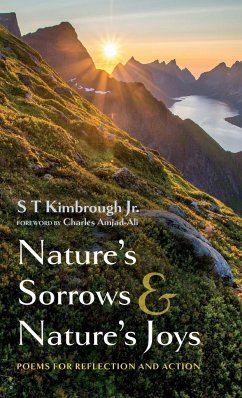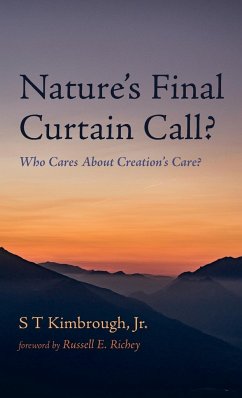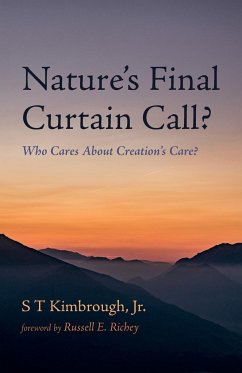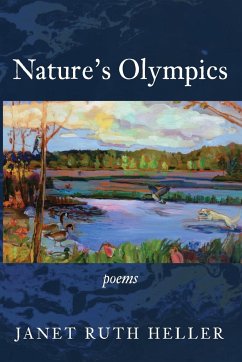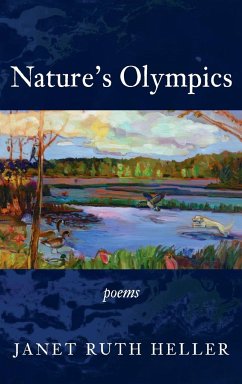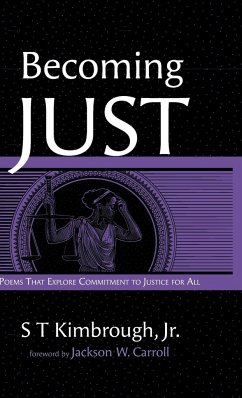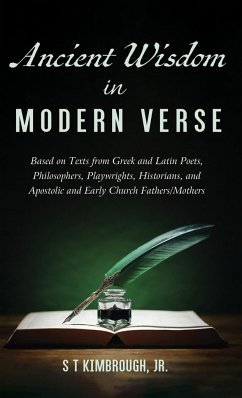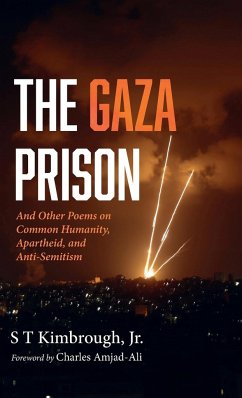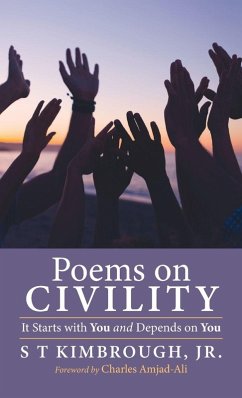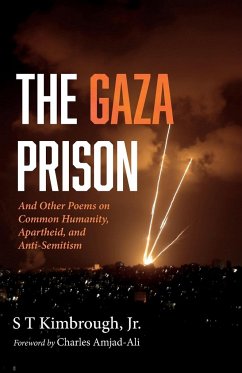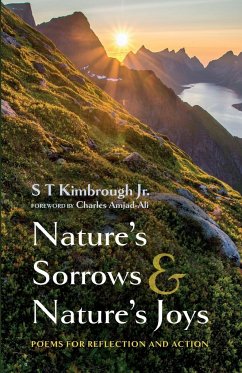
Nature's Sorrows and Nature's Joys
Versandkostenfrei!
Versandfertig in 1-2 Wochen
12,99 €
inkl. MwSt.
Weitere Ausgaben:

PAYBACK Punkte
6 °P sammeln!
What if many desirable things in nature were no longer there?--clean air, freshly grown vegetables, wildflowers, a waterfall, a green forest, spring rains, colors of flowers, a willow tree, fresh trout from a stream, autumn leaves, sunrise, sunset, mineral-rich farmland, etc. What if in a few years global warming and its devasting effects so damaged the earth, its atmosphere, and its resources, that many of these things were no longer possible? These poems address openly both the sorrows we face with forces that destroy nature and the things we celebrate in nature that provide much of humankin...
What if many desirable things in nature were no longer there?--clean air, freshly grown vegetables, wildflowers, a waterfall, a green forest, spring rains, colors of flowers, a willow tree, fresh trout from a stream, autumn leaves, sunrise, sunset, mineral-rich farmland, etc. What if in a few years global warming and its devasting effects so damaged the earth, its atmosphere, and its resources, that many of these things were no longer possible? These poems address openly both the sorrows we face with forces that destroy nature and the things we celebrate in nature that provide much of humankind's joy and sustenance. Some may ask appropriately, ""What difference can a poet's words make in correcting the paths of nature's destruction down which humankind is traveling?"" Certainly, words alone cannot save nature. Perhaps poetry can help to shape a new understanding of human failure, as well as to shape new visions of hope for the nature we know and are ever discovering.





